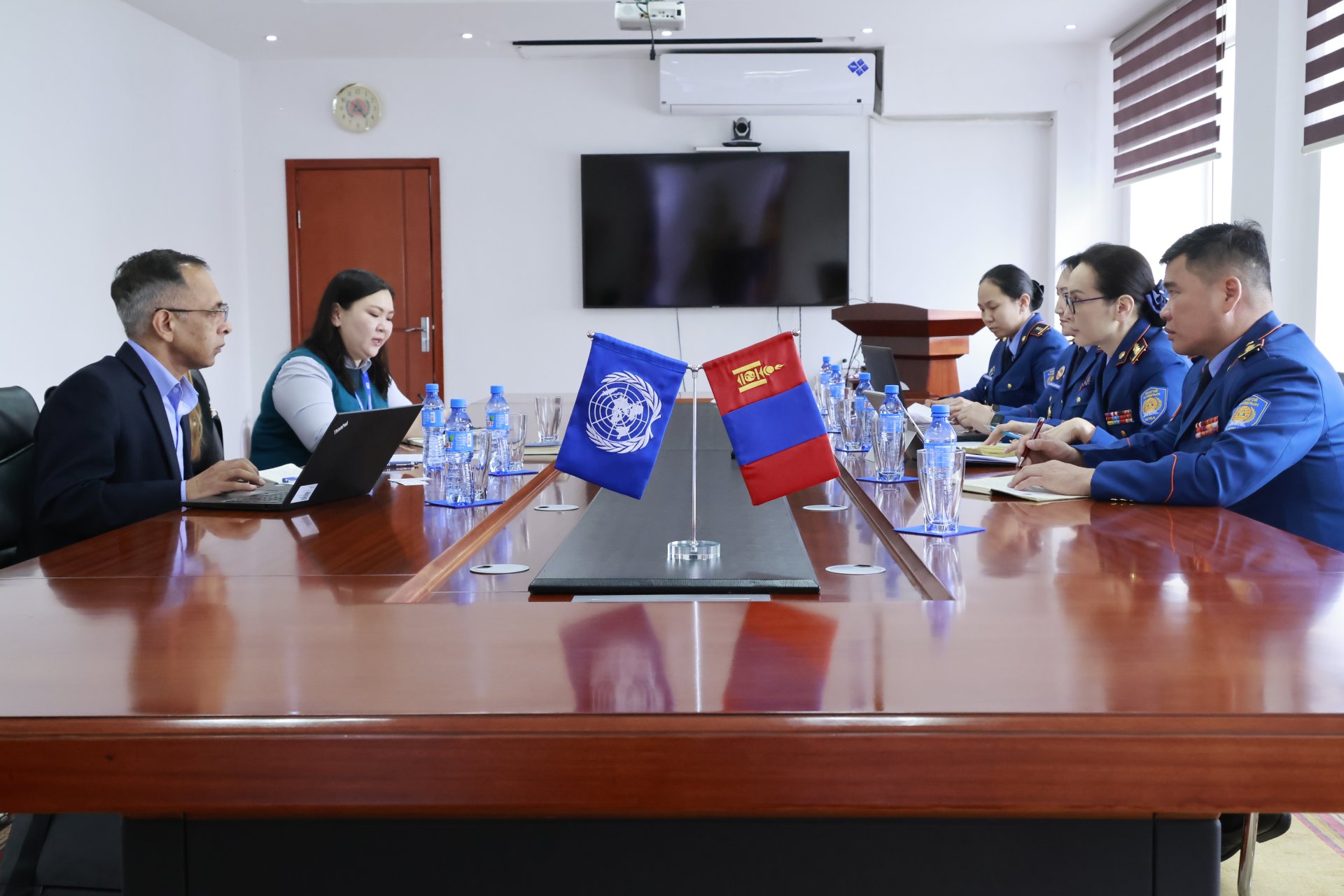Joint Training on "Firefighting in High-Rise Buildings
The National Emergency Management Agency, in collaboration with the Ministry of Emergencies of the Russian Federation, is organizing a training course on "Firefighting in High-Rise Buildings" from the 6th to the 8th of November.
Brigadier General D. Namsrai, Deputy Chief of NEMA, attended the opening ceremony. In his speech "The joint commission meeting for the implementation of the intergovernmental agreement has been held annually for 29 years. This training marks the beginning of our activities for 2024-2025, as approved during the XIX session of the Mongolian-Russian Joint Commission held in 2023."
Approximately 60 officers from firefighting and rescue units from the capital city, along with department chiefs, are participating in a training program. This course is being conducted by trainers from the Ministry of Emergencies of the Russian Federation and focuses on the unique challenges and lessons learned from fires in high-rise buildings. Topics covered include the rapid organization of response measures to control fire spread, training for rescue firefighters in extinguishing high-rise fires and conducting inspections of such structures. The goal of this training is to enhance the knowledge and skills of the participating officers in these critical areas.
Copy all texts of this article
Download all images of this article
Other news

2024/11/06
Recent NewsExchange of views on bilateral cooperation
Ambassador Shen Minjuan emphasized her commitment to prioritizing and further enhancing cooperation between the two countries in the field of disaster prevention and protection.

2024/11/06
Recent NewsKey topics included setting a date for the event and finalizing the detailed organizational plan
Ulaanbaatar, May 15, 2025 – Colonel Ts. Uranchimeg, Deputy Chief of the National Emergency Management Agency (NEMA) of Mongolia, held a meeting today with Ms. Matilda Dimovska, Resident Representative of the United Nations Development Programme (UNDP) in Mongolia.

2024/11/06
Recent NewsKey topics included setting a date for the event and finalizing the detailed organizational plan
Ulaanbaatar, May 15, 2025 – Colonel Ts. Uranchimeg, Deputy Chief of the National Emergency Management Agency (NEMA) of Mongolia, held a meeting today with Ms. Matilda Dimovska, Resident Representative of the United Nations Development Programme (UNDP) in Mongolia.







